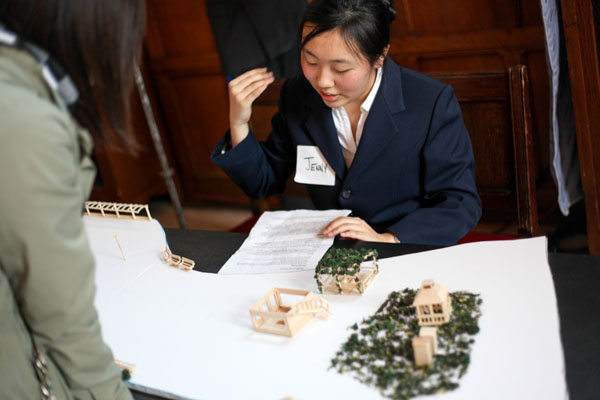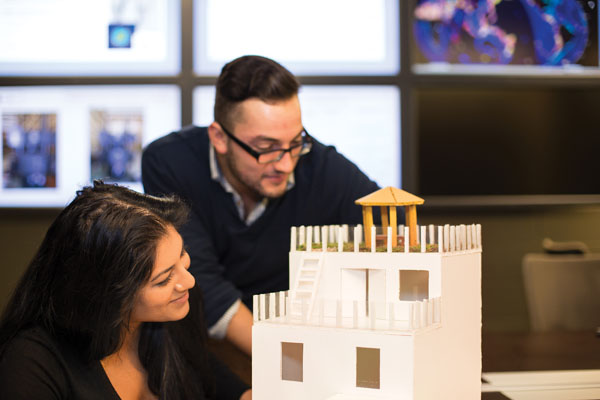
Engineering products and processes have a significant impact on individuals, communities and the environment. Engineering graduates need an understanding of the ethical, social and environmental impacts of their work to best serve society. There are many opportunities for engineers to apply their skills to solve the world’s most pressing challenges, but an understanding of social and environmental systems is critical.
U of T Engineering has several courses and co-curricular activities that provide you with an opportunity to learn about the social and environmental impacts of engineering products and processes, and the role of ethical frameworks in equitable and fair decision-making.
ISTEP is passionate about sociotechnical theory and engineering ethics. We’re excited to explore this dimension of engineering with you.

“Courses like ESC 203 helped me realize that for designs to truly work, they can't be created in the abstract.When released into the world, these designs shape society and are, in turn, shaped by social and economic forces—all of which needs to be considered in our engineering approach. This has been critical in shaping my understanding of the real-world implementations of AI systems.”
- Deb Raji (EngSci 1T8 + PEY)
Programming for Engineering Undergraduates

U of T Engineering Courses
There are several undergraduate courses that focus on engineering ethics and/or social and environmental impact:
- APS 301 – Technology in Society and the Biosphere I
- APS 302 – Technology in Society and the Biosphere II
- APS 305 – Energy Policy
- TEP 324 (formerly APS 324) – Engineering and Social Justice
- TEP 447 (formerly APS 447) – The Art of Ethical & Equitable Decision Making in Engineering
- ESC 203 – Engineering and Society (Engineering Science)
- HPS 202 – Technology in the Modern World
- MSE 490 – Professional Ethics and Practice
Programming for Engineering Graduates
MEng Emphasis in Entrepreneurship, Leadership, Innovation & Technology in Engineering (ELITE): MEng students can take graduate-level courses that focus on engineering and society through the Emphasis in ELITE . The Emphasis is specifically designed for those engineers who wish to take on more of a leadership role in their work environments — whether by learning to better motivate teams, foster and manage innovation or by embracing global opportunities.